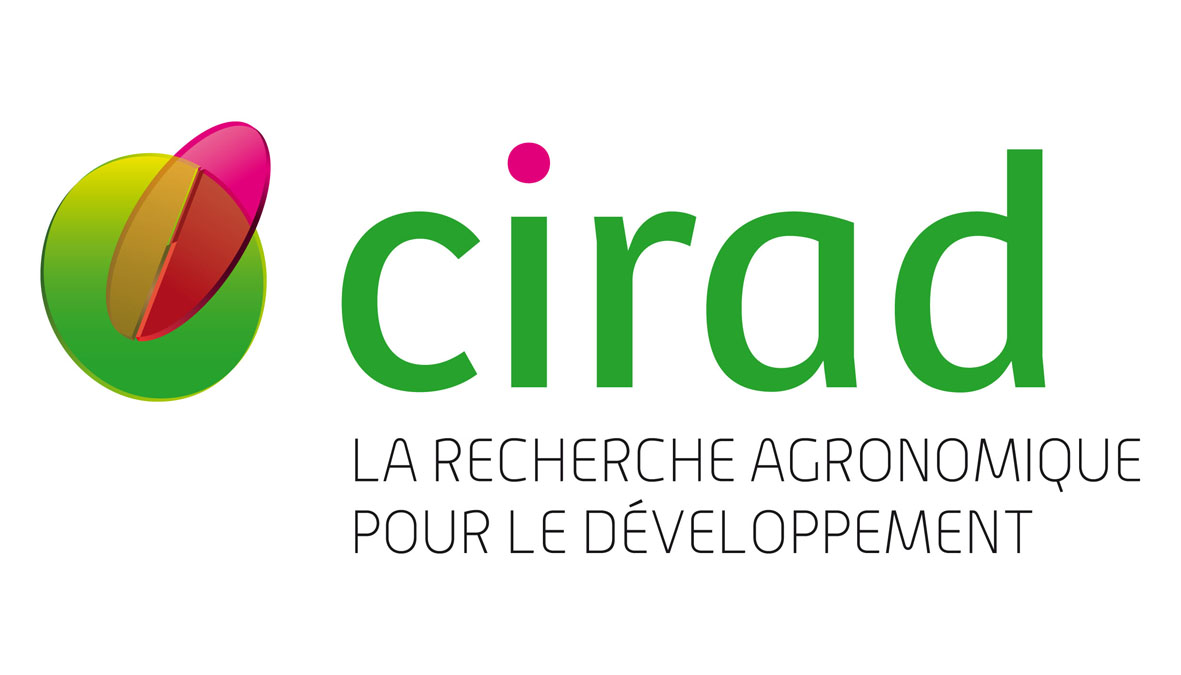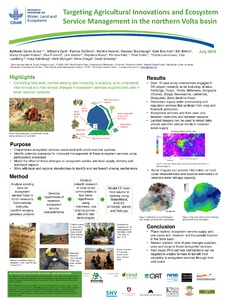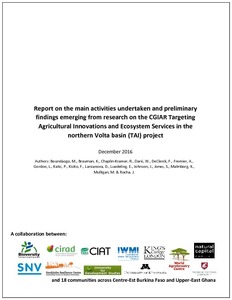CIRAD is a French research centre working with developing countries to tackle international agricultural and development issues.
Status
CIRAD (Centre de coopération internationale en recherche agronomique pour le développement) is a public industrial and commercial enterprise (EPIC) under the joint authority of the Ministry of Higher Education and Research and the Ministry of Foreign and European Affairs.
Mandate
CIRAD works with the whole range of developing countries to generate and pass on new knowledge, support agricultural development and fuel the debate on the main global issues concerning agriculture.
CIRAD is a targeted research organization, and bases its operations on development needs, from field to laboratory and from a local to a global scale.
Activities
CIRAD's activities involve the life sciences, social sciences and engineering sciences, applied to agriculture, food and rural territories.
CIRAD works hand-in-hand with local people and the local environment, on complex, ever-changing issues: food security, ecological intensification, emerging diseases, the future of agriculture in developing countries, etc
Members:
Resources
Displaying 36 - 40 of 72The technical and political challenges of the industrial forest sector in Cameroon
Targeting agricultural innovations and ecosystem service management in the northern Volta basin
Report on the main activities undertaken and preliminary findings emerging from research on the CGIAR Targeting Agricultural Innovations and Ecosystem Services in the northern Volta basin (TAI) project
The CGIAR Water, Land and Ecosystems research project on Targeting Agricultural Innovations and Ecosystem Services in the northern Volta basin (TAI) is a two year project (2014-2016) led by Bioversity International in collaboration with 11 institutes: CIAT, CIRAD, International Water Management Institute (IWMI), King’s College London (KCL), SNV World Burkina Faso (SNV), Stanford University, Stockholm Resilience Centre (SRC), University of Development Studies Ghana (UDS), University of Minnesota, University of Washington, and the World Agroforestry Institute.
Dynamics of ecosystem services during forest transitions in Reventazón, Costa Rica
The forest transition framework describes the temporal changes of forest areas with economic development. A first phase of forest contraction is followed by a second phase of expansion once a turning point is reached. This framework does not differentiate forest types or ecosystem services, and describes forests regardless of their contribution to human well-being. For several decades, deforestation in many tropical regions has degraded ecosystem services, such as watershed regulation, while increasing provisioning services from agriculture, for example, food.
Crop ontology: integration of standard variables
The Crop Ontology (CO, http://www.cropontology.org/) is a resource of the Integrated Breeding Platform (IBP, http://integratedbreeding.net/) providing breeders with crop specific terms for fieldbook edition and data annotation. Until Mai 2015, a plant phenotype was annotated with 3 CO identifiers for the trait, the method and the scale, respectively. Yet, breeders’ fieldbook and most phenotypic databases are designed to annotate a datapoint with only one identifier.





